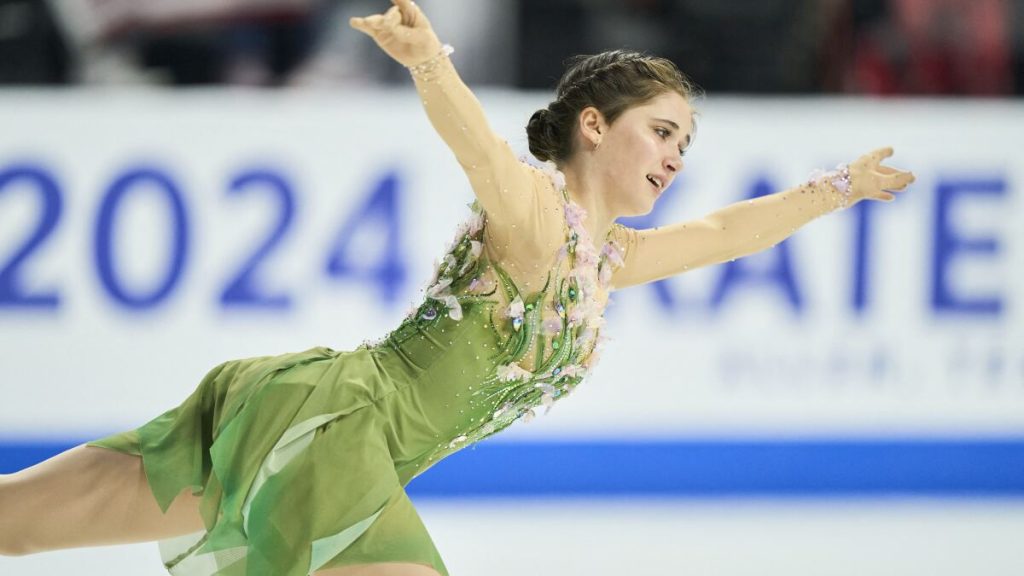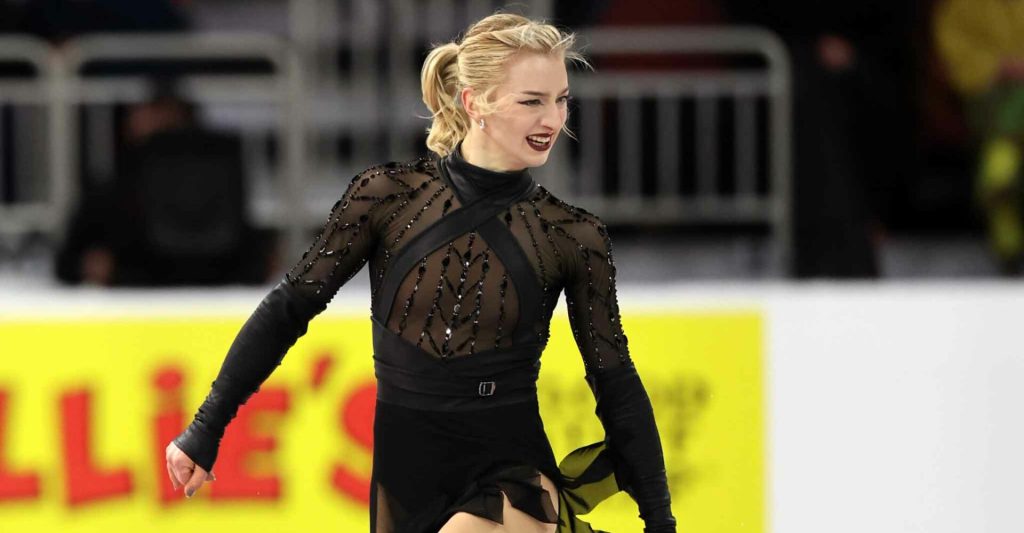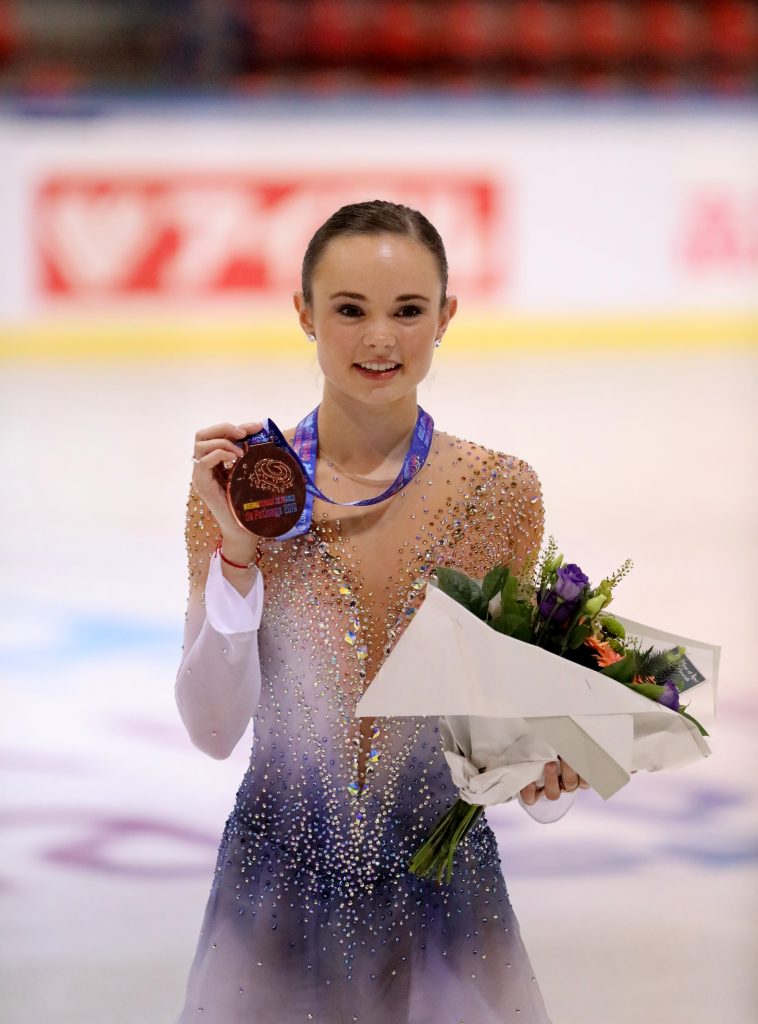Figure skating should be about skill and performance — but when it comes to scoring, especially for American women, the math isn’t always adding up.
Skaters like Isabeau Levito, Amber Glenn, and Mariah Bell have all received scores that many believe don’t reflect what actually happened on the ice. Whether it’s under-rotated jumps or falls, the numbers often stay surprisingly high — especially in the Program Component Score (PCS), which covers artistry and skating skills. It is quite understandable, though, as the competition was held in Boston, USA.
In domestic competitions, their scores are boosted, sometimes rivaling skaters with far more technical difficulty. But once they hit the international stage, the gap becomes obvious — and it’s frustrating for both fans and global athletes who feel overlooked.
Overscoring doesn’t just skew results — it affects team selections, Olympic spots, and even funding. It’s time the sport embraced fairer, more transparent judging. Because figure skating deserves better than favoritism.


